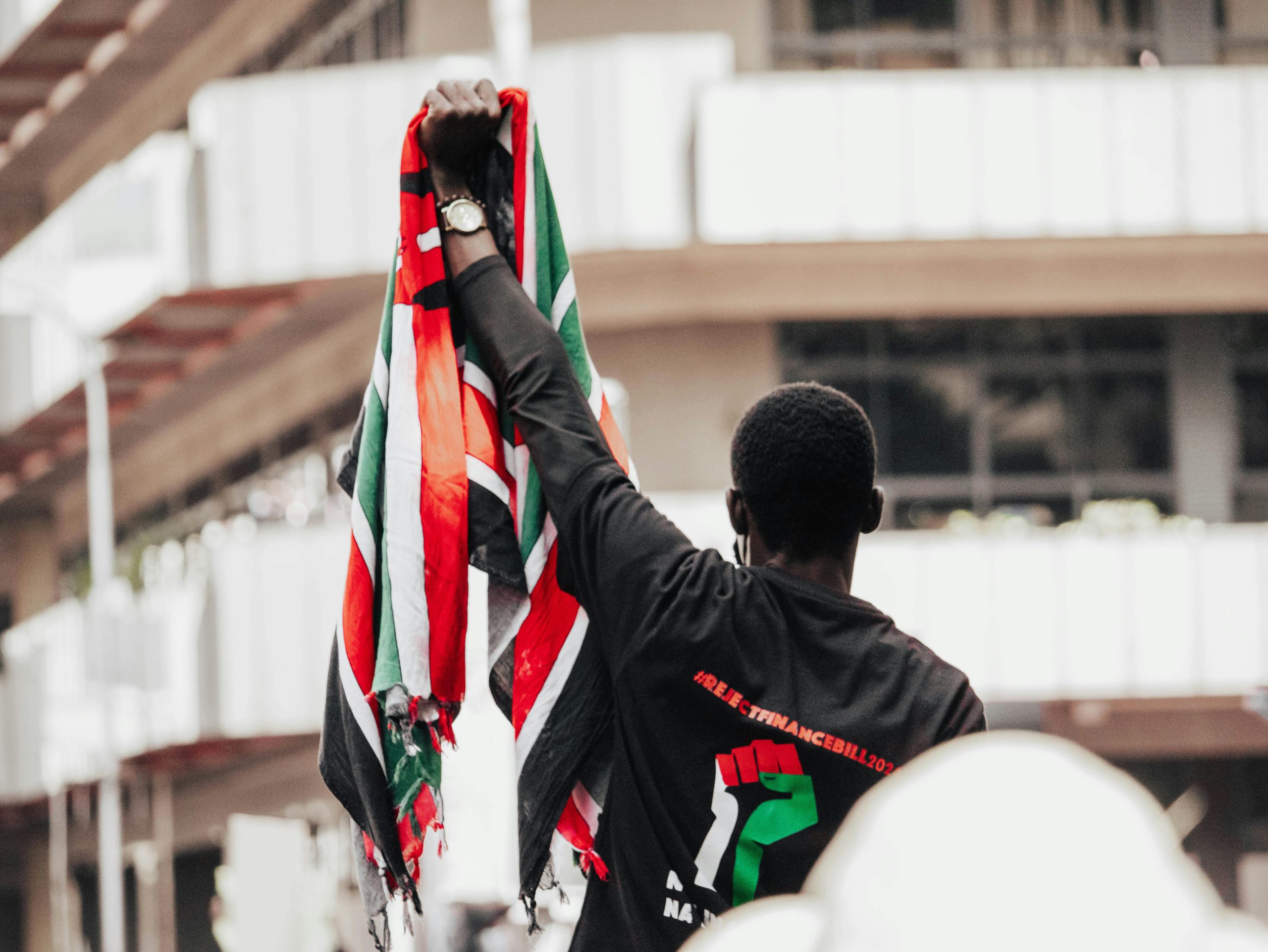Defying Tradition in a Pastoral World
In the arid plains of Turkana, northwestern Kenya, where pastoralist communities roam with their herds, tradition often dictates a woman’s fate. For young girls among the Turkana, forced marriage is a common practice, driven by cultural norms and economic survival. I meet Nailepu, a 16-year-old with a steely gaze, who fled her family’s manyatta after being promised to a much older man for a bride price of livestock. “They said it would help us survive the drought,” she says, her voice firm despite the fear. “But I want to be more than a trade.” In Turkana, where livestock is wealth and drought is relentless, families often marry off daughters to secure resources, leaving girls like Nailepu to fight for their freedom.
The Perils of Defiance
Resisting a forced marriage in Turkana’s pastoralist communities carries heavy risks. Ekal, an 18-year-old who escaped her village, shares her story as we sit near a dry riverbed. “My father beat me when I refused,” she says, tracing a scar on her arm. “I ran to a church in Lodwar.” Rejecting marriage can lead to violence, banishment, or being labeled a disgrace. The pastoralist lifestyle, with its constant movement for water and pasture, leaves little room for legal protections or safe havens. Ekal found temporary shelter with a local mission, but many girls face retaliation from kin or community elders enforcing traditional norms.
Saying no to forced marriage often means losing family and livelihood. Lomoe, a 20-year-old mother, escaped a second forced marriage after her husband died in a cattle raid. “They wanted me to marry his cousin to keep the herd in the family,” she explains, her toddler tugging at her skirt. Refusing meant leaving her in-laws’ kraal and struggling alone in a small Turkana settlement. With limited access to education or jobs—only 3% of Turkana girls complete primary school—Lomoe sells charcoal to survive. “I want my daughter to go to school, not to be sold,” she says, her eyes fierce with determination.
A Path to Empowerment
As I leave Turkana, the courage of these women lingers. Nailepu dreams of becoming a teacher, Ekal of owning her own goats, and Lomoe of a future where her daughter chooses her path. Their defiance of forced marriages is a call for change in pastoralist communities. Expanding access to education, enforcing laws like Kenya’s Marriage Act, and supporting economic opportunities could transform their struggles into stories of triumph. “I want to live my own life,” Nailepu says, her voice echoing across the dry plains. For Turkana’s women, courage is their greatest asset—now it’s time for the world to help them claim their freedom.

